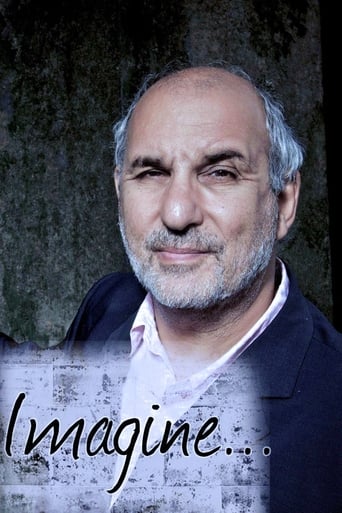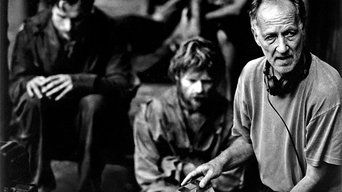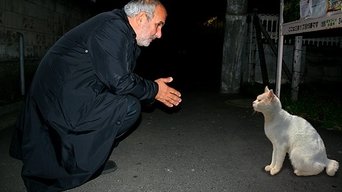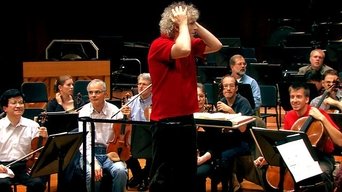imagine… Season 13
With 30 Day Free Trial!
imagine…
2003 / TV-14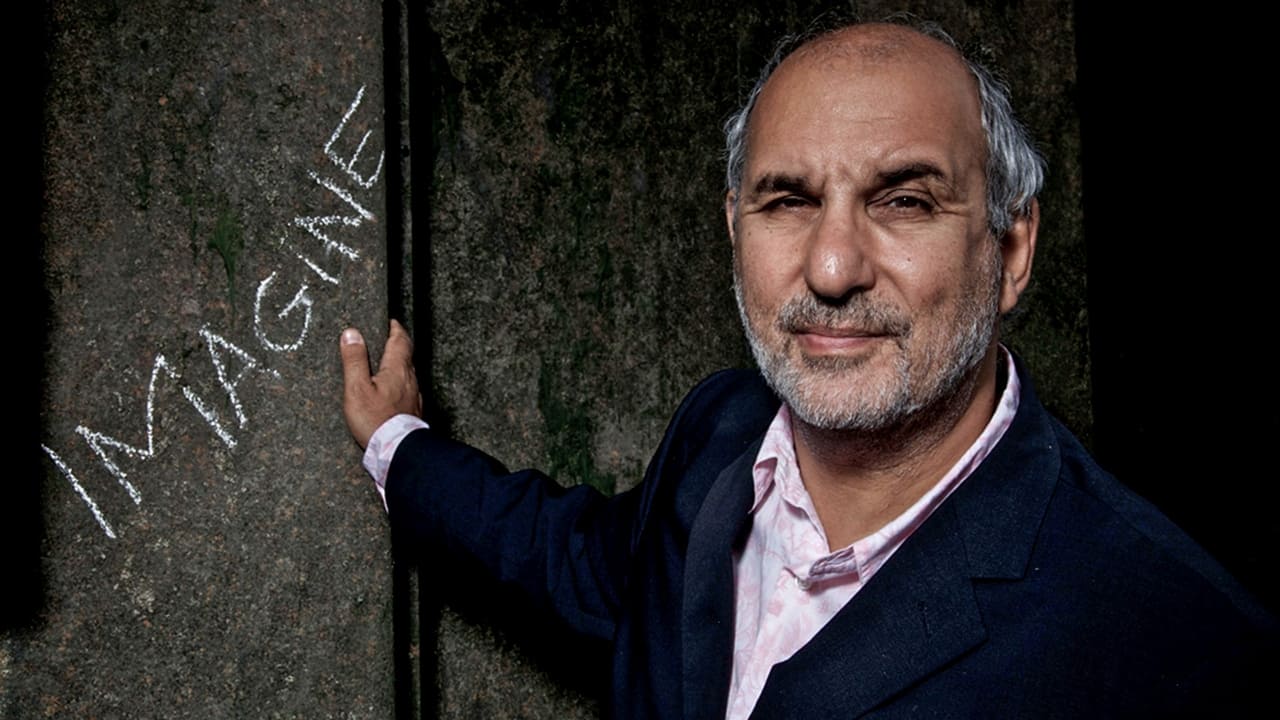
The biggest names from the world of art, film, music, literature and dance. Alan Yentob gets close up with those shaping today's cultural world.
Watch Trailer
imagine… Season 13 Full Episode Guide
In times like these, what is art worth? And what is art for? The big moment for publicly funded art in Britain was the Second World War. "Something absolutely remarkable happened during the war", says actor Simon Callow. "The theatre suddenly was right at the heart of society." After the war, the idea of "art for all" led to the founding of the Arts Council - "very much a response to the distress, the fear, the uncertainty of war." Alan Yentob asks if culture can play that role again today.
Alan Yentob explores the rapid rise of one of modern music's most mercurial talents, Rufus Wainwright. Wainwright talks candidly about his background, his family of musical luminaries - father Loudon Wainwright III, mother Kate McGarrigle and sister Martha Wainwright - his troubled personal history with drugs and the tensions that have informed his music. The film also follows his journey into the classical world as he creates his very first opera, Prima Donna.
At an age when most people are content to take it easy, one group of pensioners have taken up contemporary dance for the first time. Alan Yentob follows them on their journey as they prepare to perform at Sadler's Wells, one of the top dance venues in the world. Save the Last Dance for Me challenges people's preconceptions about the physical and creative abilities of the over sixties.
As part of an evening of programmes celebrating the life and work of the playwright and diarist, Simon Gray, who died in 2008. This updated Imagine is a rare insight into one of Britain's foremost playwrights, author of many West End hits, but best known for his work with Harold Pinter, and as the writer of the notorious Cell Mates. This intimate film gives a darkly entertaining account of his childhood experiences and very personal views on addictions to smoking, alcohol and the traumas of modern day life for a writer.
Alan Yentob interviews German film director Werner Herzog, the uncompromising, often visionary director of more than 40 documentary and feature films including Rescue Dawn, Grizzly Man, Fitzcarraldo and Aguirre, Wrath of God. Herzog's back catalogue is littered with tales of casts, crews and studios tested to the extremes by his determination to capture the “real truth” on film.
Alan Yentob takes a jazz-fuelled tour of Japan to discover more about the often surreal work of reclusive bestselling novelist Haruki Murakami. En route, he meets some of the writer's fans and critics, and even a talking cat.
This compelling record of the Berlin Philharmonic during a concert tour of Asia proves as much an inner journey as an outer one, as musicans and their conductor Simon Rattle reflect on subjects such as the orchestra's organisation and traditions; its distinctive sound; life on the road; the demands of performance; and the effects of age on technique. As eloquent as these musings are the performances of Richard Strauss 's Ein Heldenleben and Thomas Ades 's Asyla to rapt audiences in Beijing, Seoul, Tokyo and beyond.
Alan Yentob explores the rapid rise of one of modern music's most mercurial talents, Rufus Wainwright. Wainwright talks candidly about his background, his family of musical luminaries - father Loudon Wainwright III, mother Kate McGarrigle and sister Martha Wainwright - his troubled personal history with drugs and the tensions that have informed his music. The film also follows his journey into the classical world as he creates his very first opera, Prima Donna.
Alan Yentob meets some of the people with strange musical disorders and powers who feature in Dr Oliver Sack 's book Musicophilia, which explores the extraordinary relationship between music and the brain. Among them are Tony Circoria , who developed an instant passion for playing the piano after he was struck by lightning, and Matt Giordano , who alleviates his Tourette syndrome by drumming.
Alan Yentob meets the 88-year-old winner of the 2007 Nobel Prize for Literature, with whom he explores the influence of her African upbringing, her extraordinarily varied life, and her lifelong struggle with her mother, with whom she seeks to come to terms in her latest book.
Free Trial Channels
Seasons


